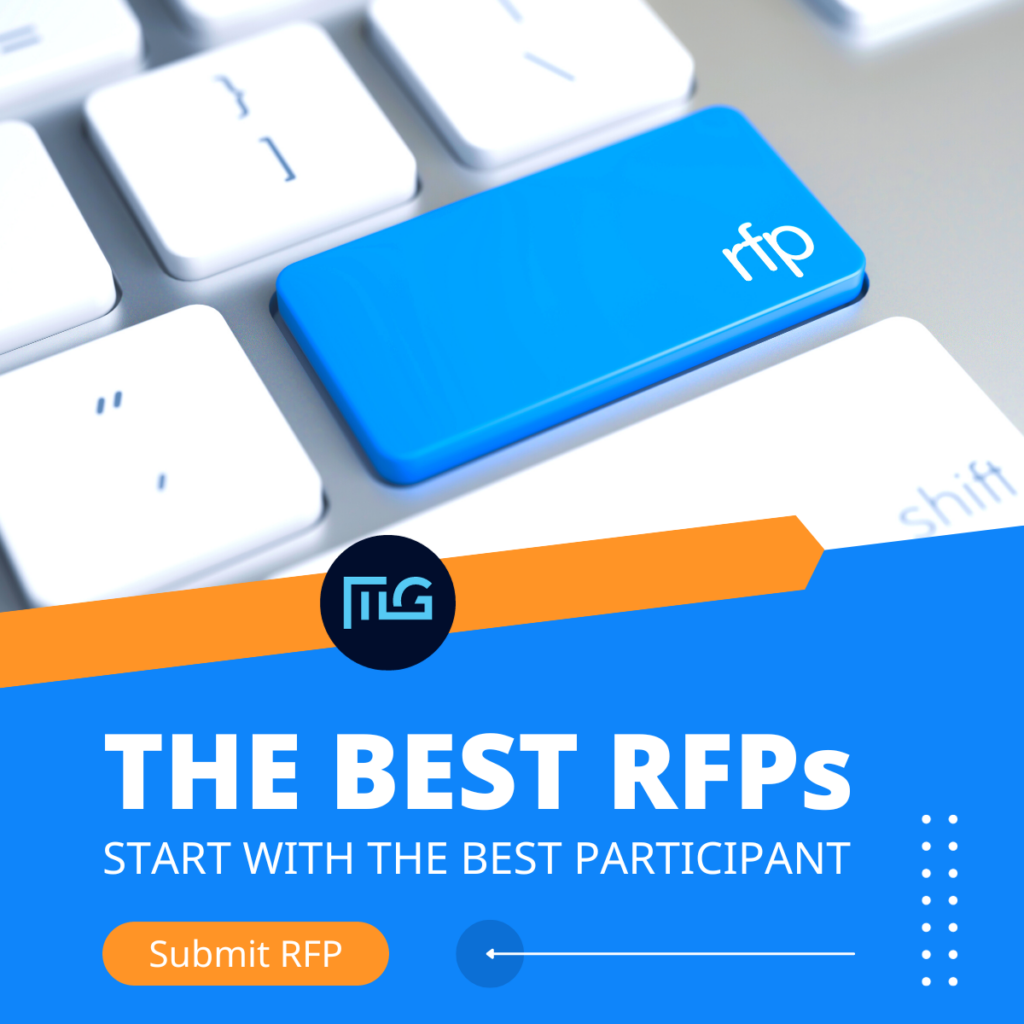What Does FOB Stand For?
Additional FOB terms include:
- FOB Origin refers to the moment the buyer assumes the title of a shipment, the moment the freight carrier picks up and signs the bill of lading (BOL) at the origin pick-up location.
- FOB Freight Collect refers to when the buyer is responsible for all freight charges. Also, the buyer assumes all risks for transportation, so they are responsible for filing claims in the case of loss or damage.
- FOB Freight Prepaid refers to when the seller accepts responsibility for all freight charges and freight claims exposure.
- FOB Destination refers to when the seller retains title and control of the goods until they are delivered. The seller chooses the transportation carrier and is responsible for the risk of transportation and filing claims in case of loss or damage.
What is Free On Board (FOB) in International Shipping?
FOB is one of 11 internationally recognized rules that, according to the International Trade Organization, “define the responsibilities of sellers and buyers in the export transaction.”
What is a FOB Incoterm?
A FOB Incoterm is an International Commercial Term (Incoterm) established by the International Chamber of Commerce to help buyers and sellers standardize communications, allocate costs, outline obligations for each party, and determine liability.
When is a Shipment Considered Under the Freight On Board (FOB) Rule?
A shipment may be ideal for FOB designation when:
- The shipment is moving via ocean vessel or through an inland waterway.
- The signed purchase order includes mutually agreed upon FOB terms.
- The shipment is not containerized and immediately loads onto the vessel.
Track free on board (FOB) shipments with MercuryGate TMS
How MercuryGate TMS Helps Shippers with Free On Board (FOB) Shipments
Source Reliable Transportation
Monitor Shipments from Pickup to Port
MercuryGate TMS empowers control tower visibility, decision support, and powerful business intelligence. As a result, shippers can track all modes, automate exception management, and take steps to prevent potential safety issues or delays.
Manage Export and Compliance Processes
MercuryGate TMS provides reliable transportation, real-time tracking, and decision-making capabilities that sellers need to meet the terms of a FOB designation. See how to leverage Shipment and Order Visibility features to deliver top customer service.

